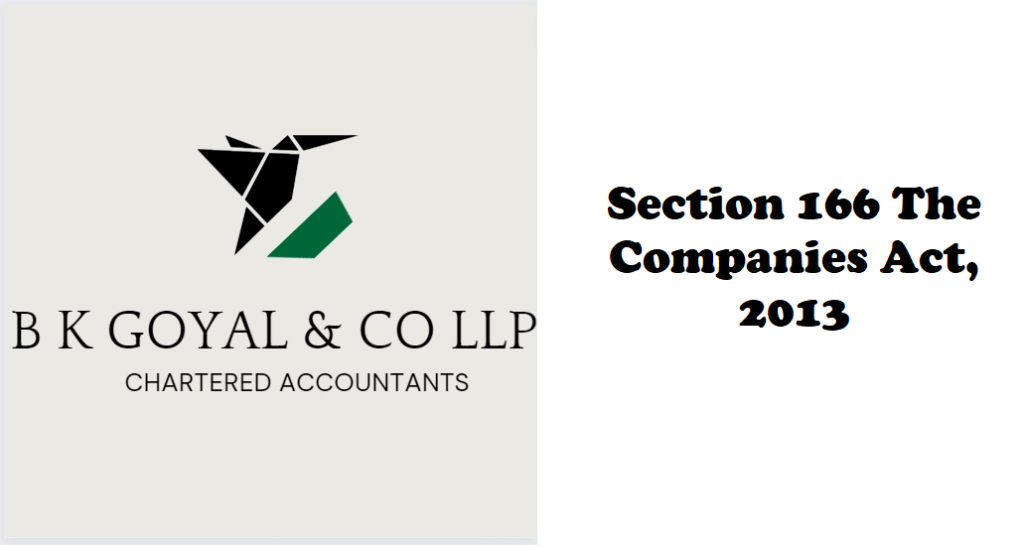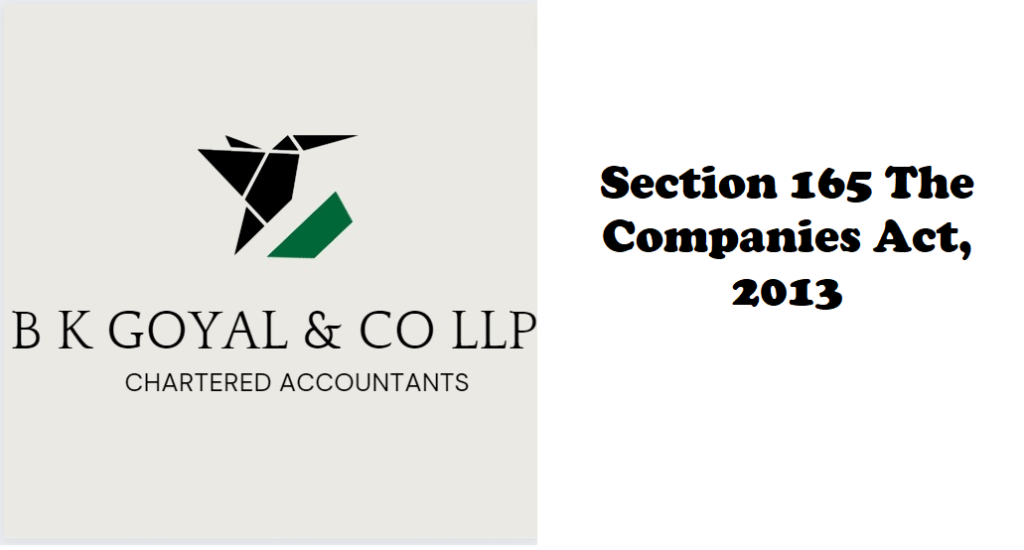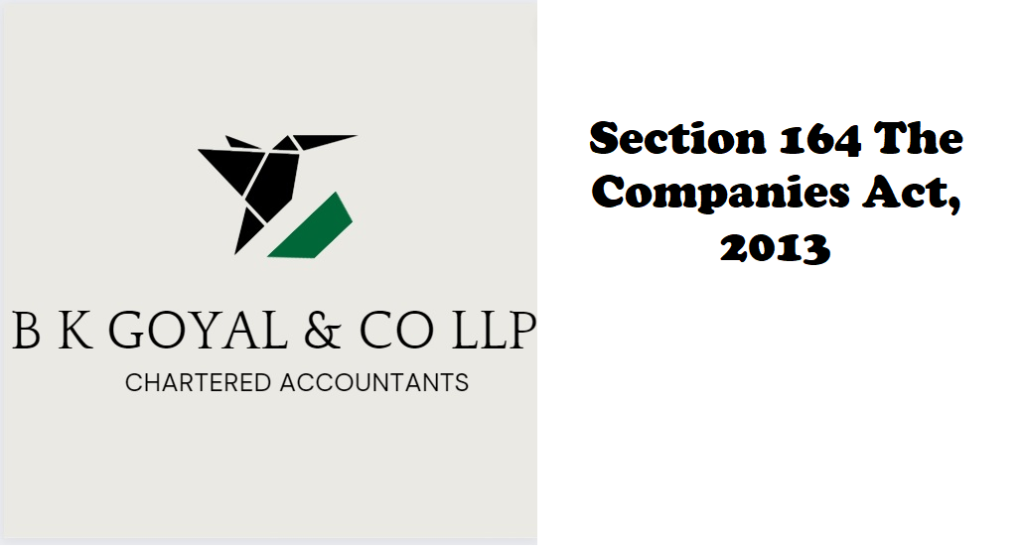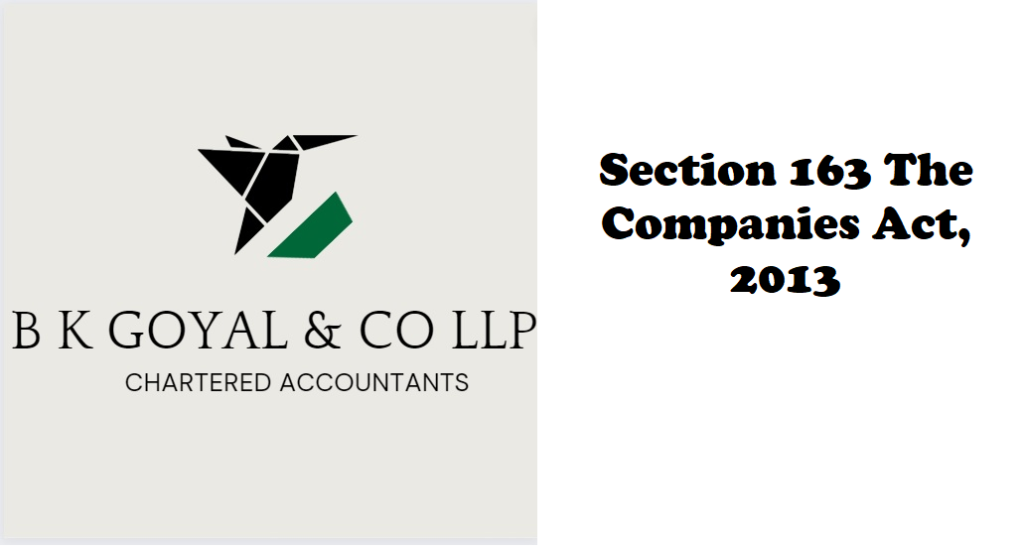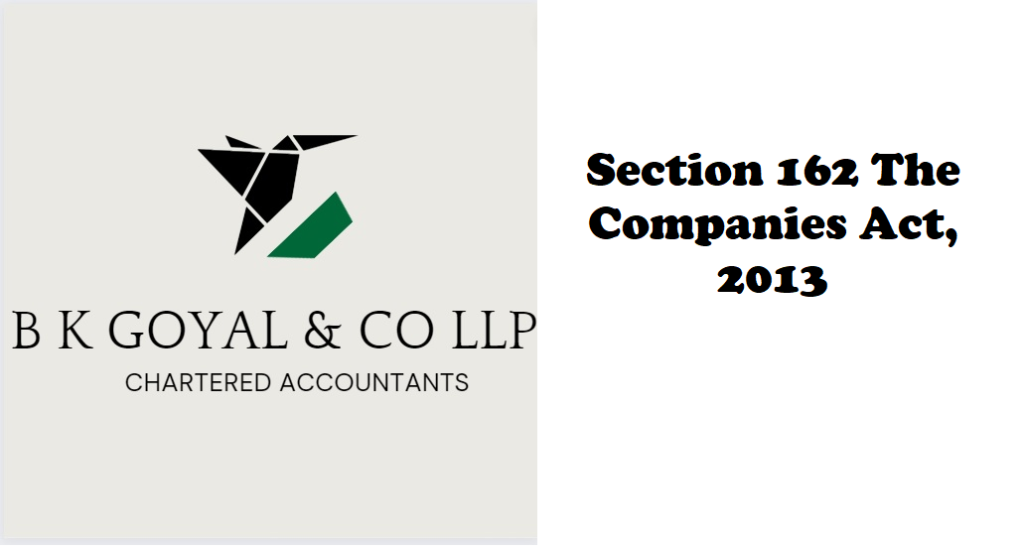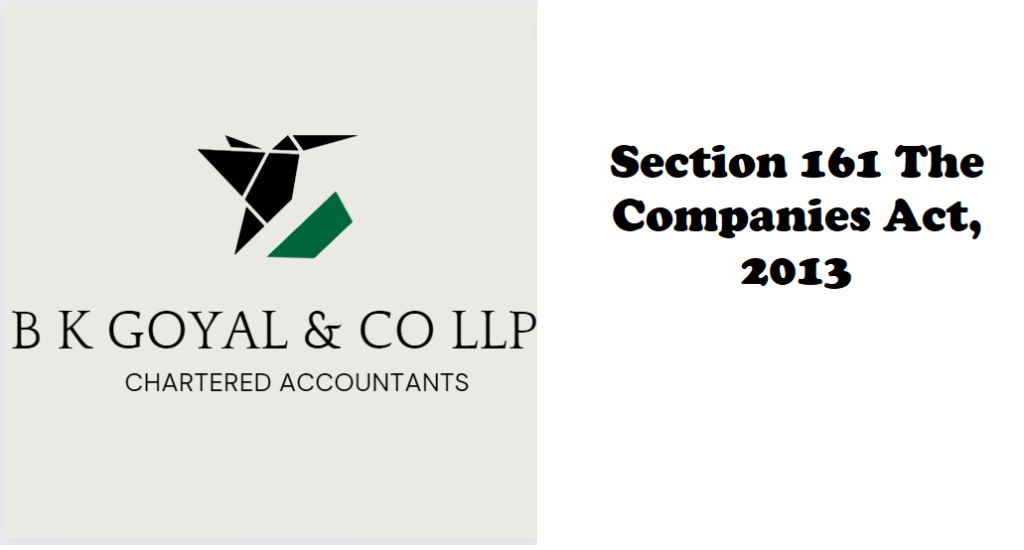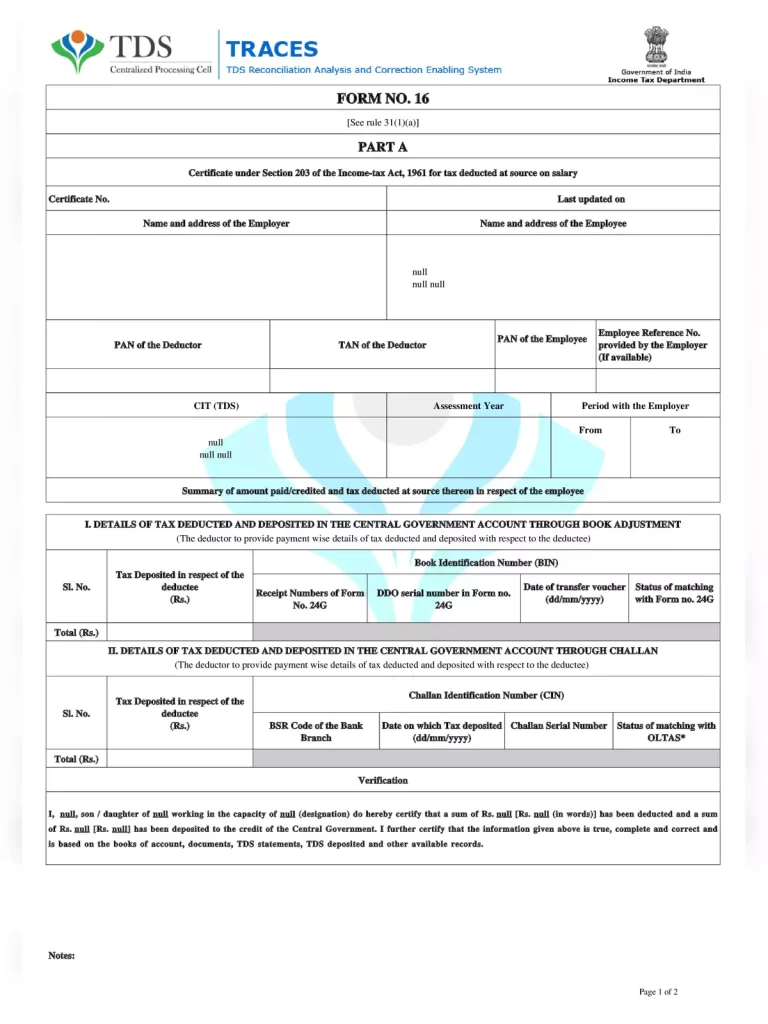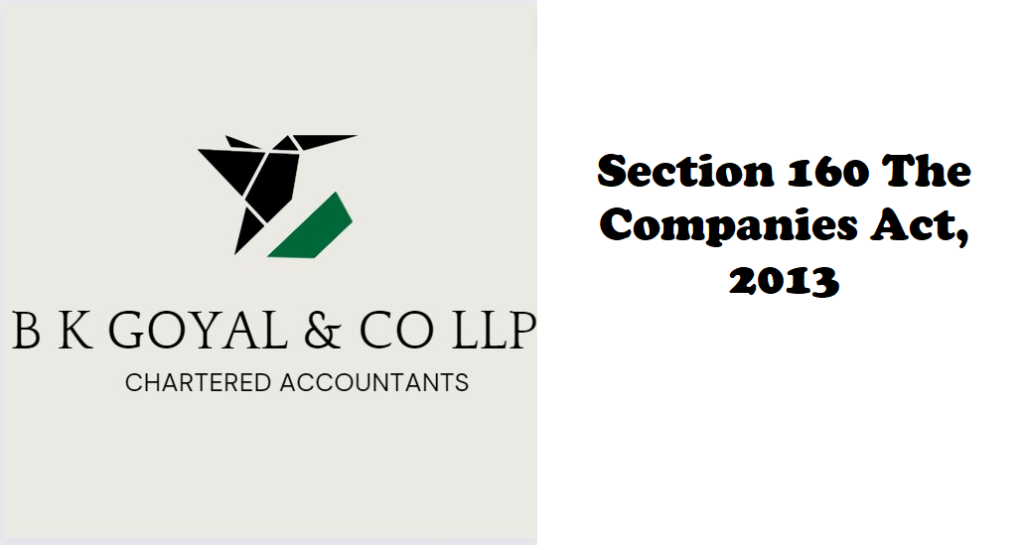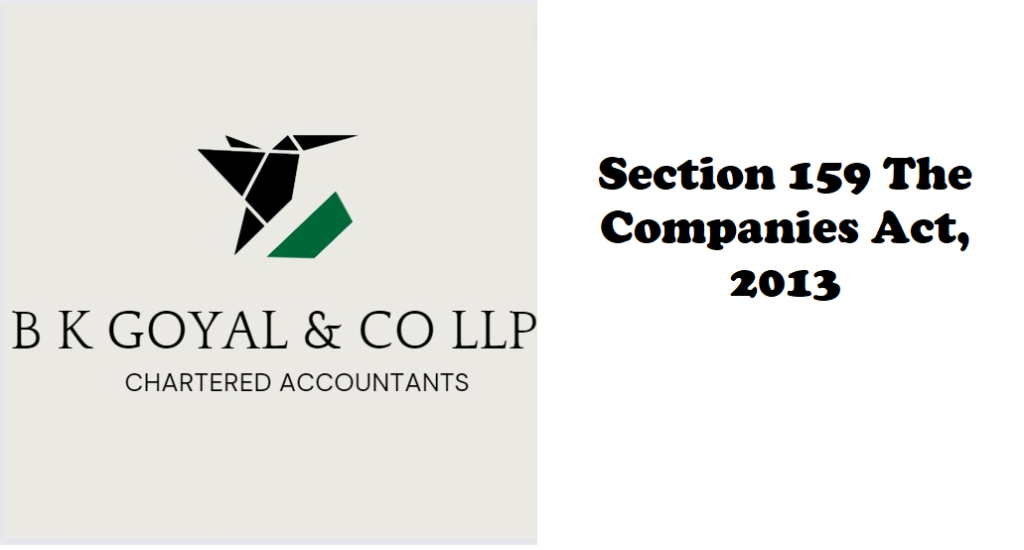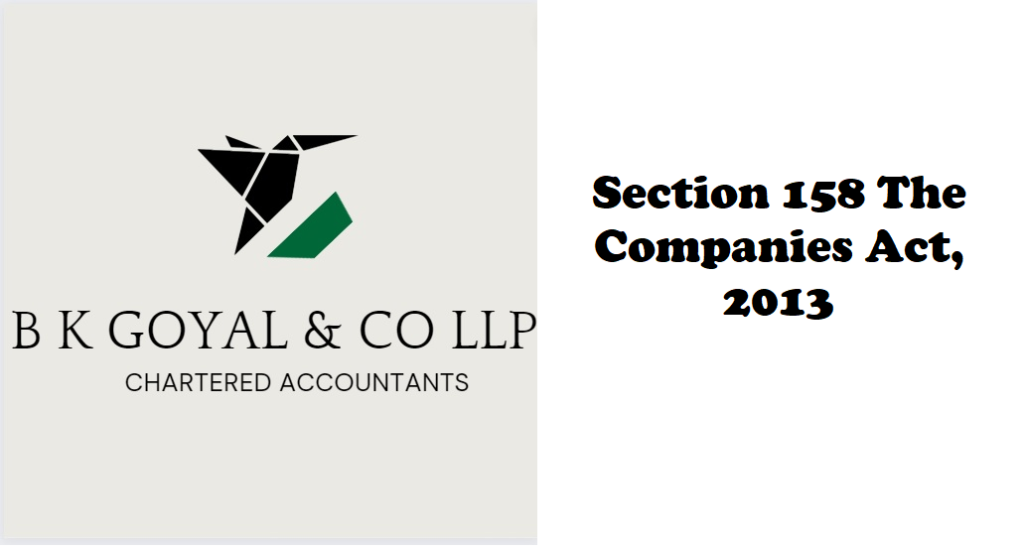Section 166 The Companies Act, 2013
Duties of Directors (1) Subject to the provisions of this Act, a director of a company shall act in accordance with the articles of the company. (2) A director of a company shall act in good faith in order to promote the objects of the company for the benefit of its members as a whole, and in the best interests of the company, its employees, the shareholders, the community […]
